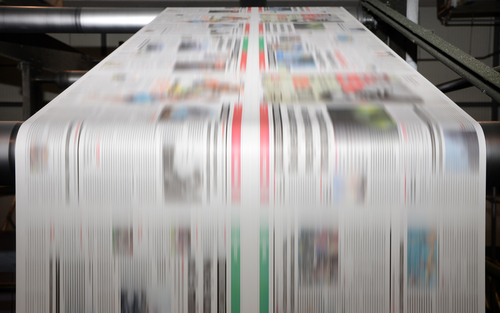We hardly think about it these days. We order business cards or buy a paperback book, and never consider how print has changed the world.
From wooden blocks to the invention of the printing press, great strides have been made. They have shaped the way we learn, think and communicate and it’s astounding to consider how many facets of our lives have been affected by print.
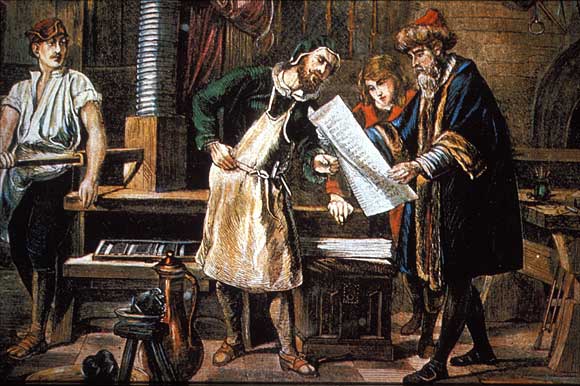
Print Pioneers
Before Johann Gutenberg invented the printing press with moving type, the Chinese were press-printing with carved wood blocks. The technique was then picked up by Koreans and eventually spread to Europe. In the 15th century, Gutenberg turned his mind to creating the bigger mechanical press, and the print revolution began. Instead of being limited to producing printed materials by hand, which took a significant amount of time, skill and literacy, up to 500 books per week could be produced.
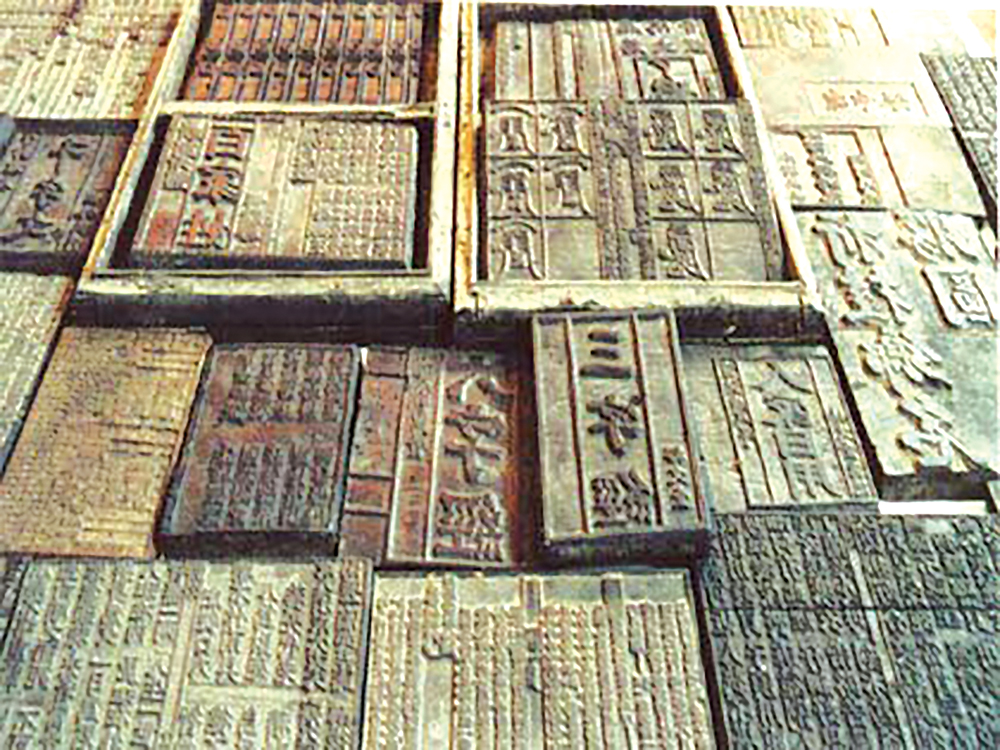
Access To Information
As it became easier to produce books and pamphlets, information started to spread. Previously, only religious leaders and royalty had access to books, and few people were literate. But as reading materials became more prevalent, people began to learn to read. And as they read, they started to question the literature provided to them. They wanted to learn and discover for themselves, instead of just believing what they were told books contained.
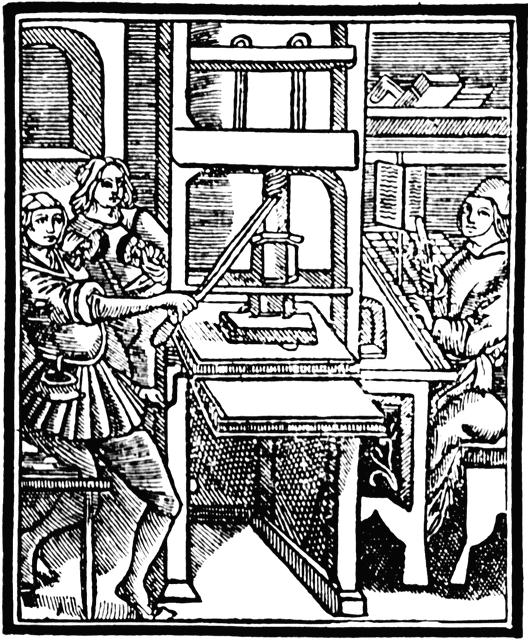
A Renaissance
With such a vast increase in access to information, people placed more importance on education. Communication was improved, and reading became a popular pastime. This sparked a scientific and cultural revolution. Print has changed the world in this instance, as a Renaissance movement flourished. Mass produced books stimulated the growth of colleges and the success of writers.
From there, a world of knowledge has expanded. Can you imagine life without books? Newspapers? Magazines? The ability to own a copy of your own religious text, regardless of what faith you may follow? Even simple, printed newsletters or brochures? We would still be in the dark.
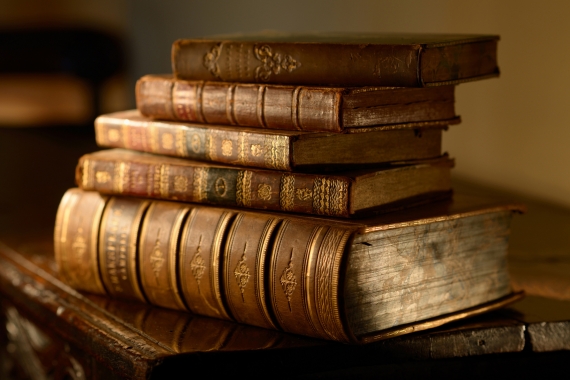
Religious Differences
A large part of this Renaissance was the Protestant Reformation. The printing press started making copies of the Bible and it continued to fuel the spread of information. Before long, materials were produced that promoted alternative Christian teachings or questioned the church. One of the many ways print has changed the world was its role in this religious revolution, and many others since it.
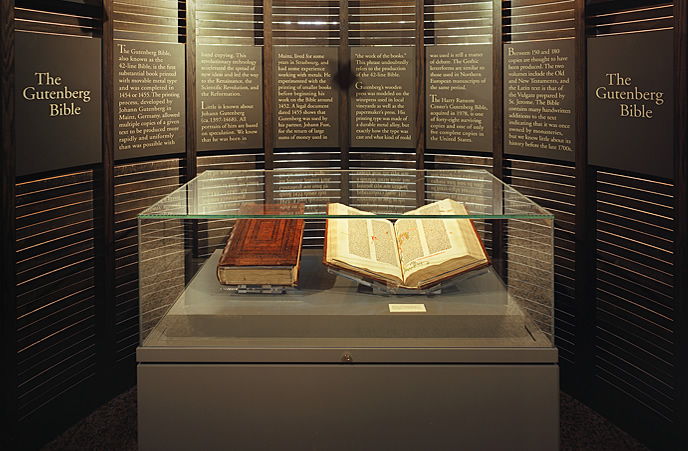
Technological Advancements
In addition to helping set off this Renaissance, print has changed the world by acting as a starting point for other technological advancements. The idea of typing likely was born from it, and as a result the invention of typewriters, computers and even iPads, blogs, the Internet and email came into existence.

The World Today
In 2015, we take the ability to print for granted. Many people have turned away from printed materials like newspapers or letters, opting for the electronic versions instead. At the same time, some of us recognise that print is still an incredible important medium which can’t be entirely forgone for the sake of a smartphone. While today it might be so easy to access print that we’ve come to the point where we think we don’t need it, take just a moment to consider where we’d be had Gutenberg’s press never come to fruition.
